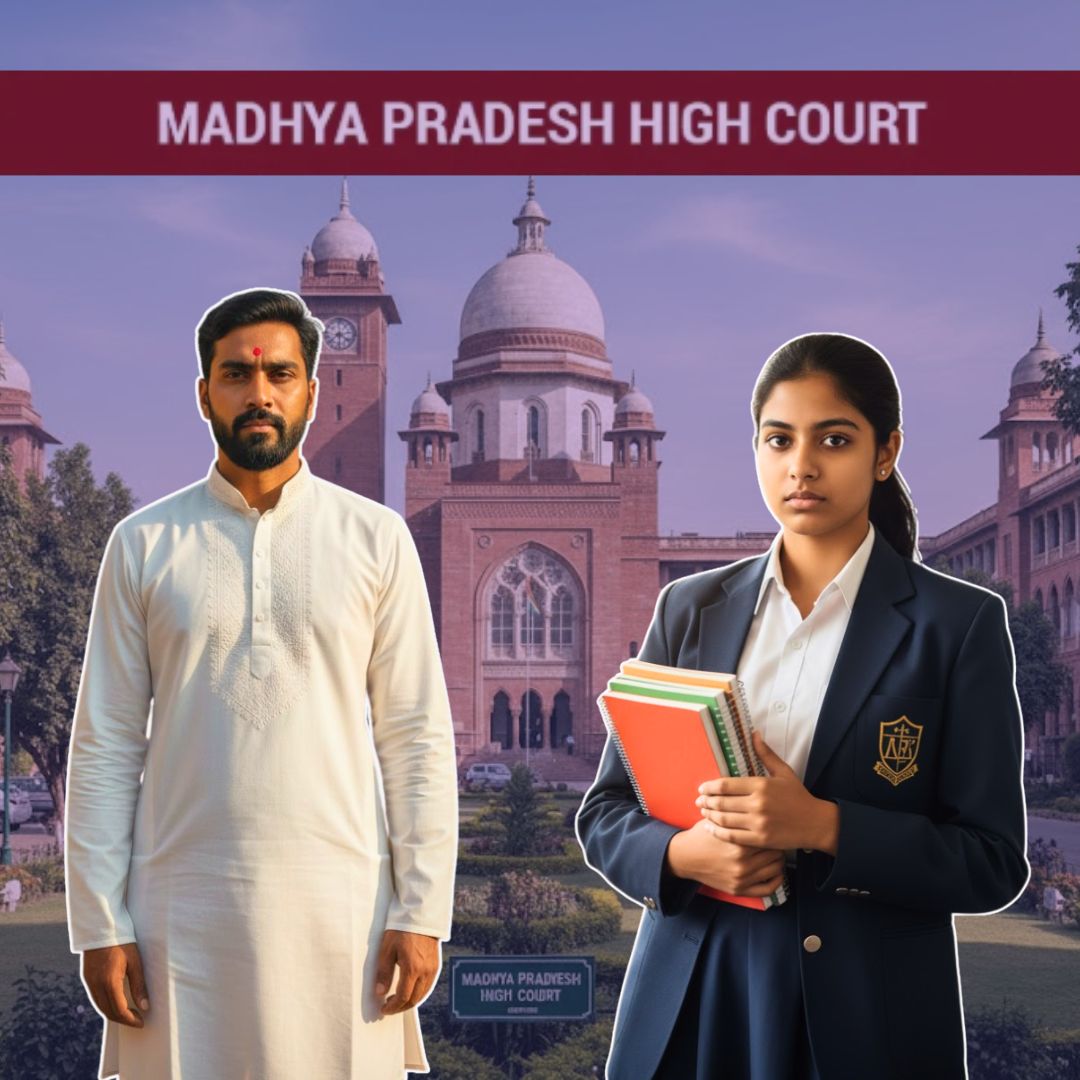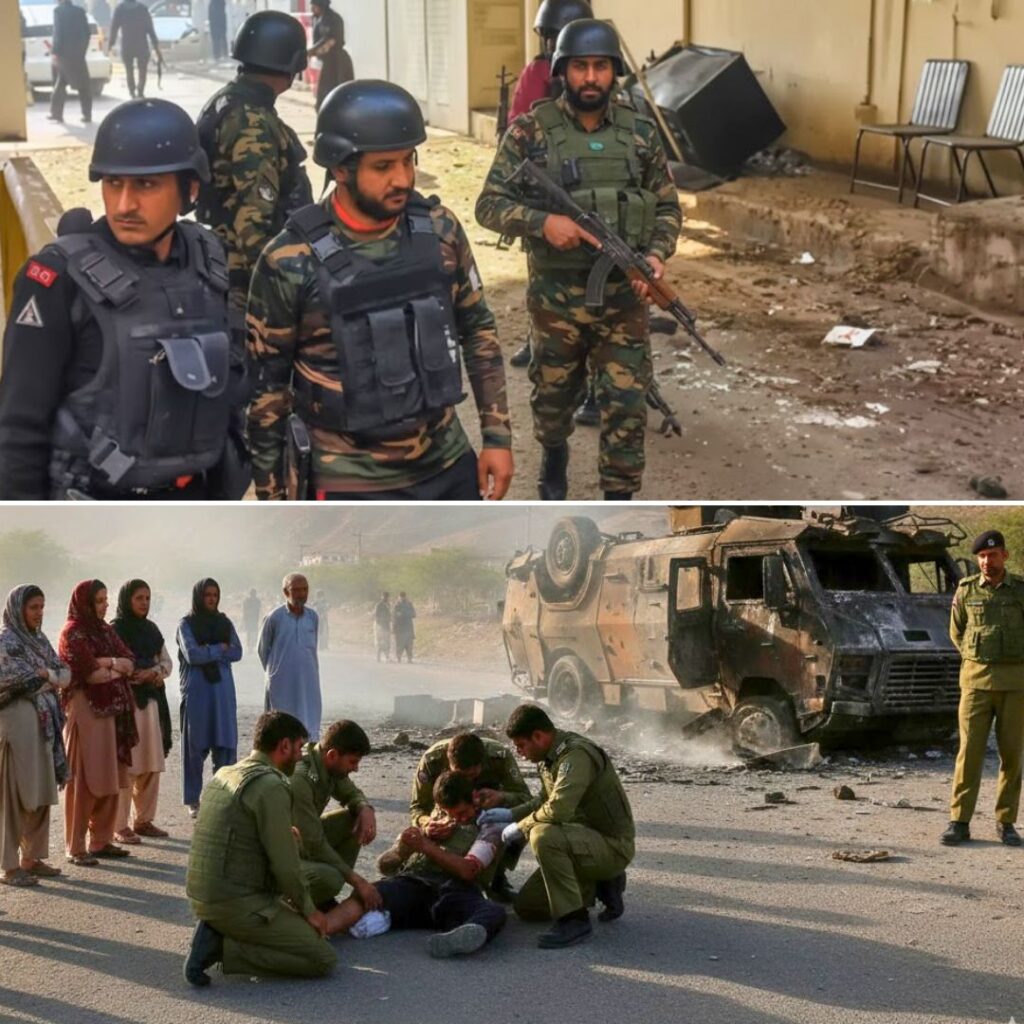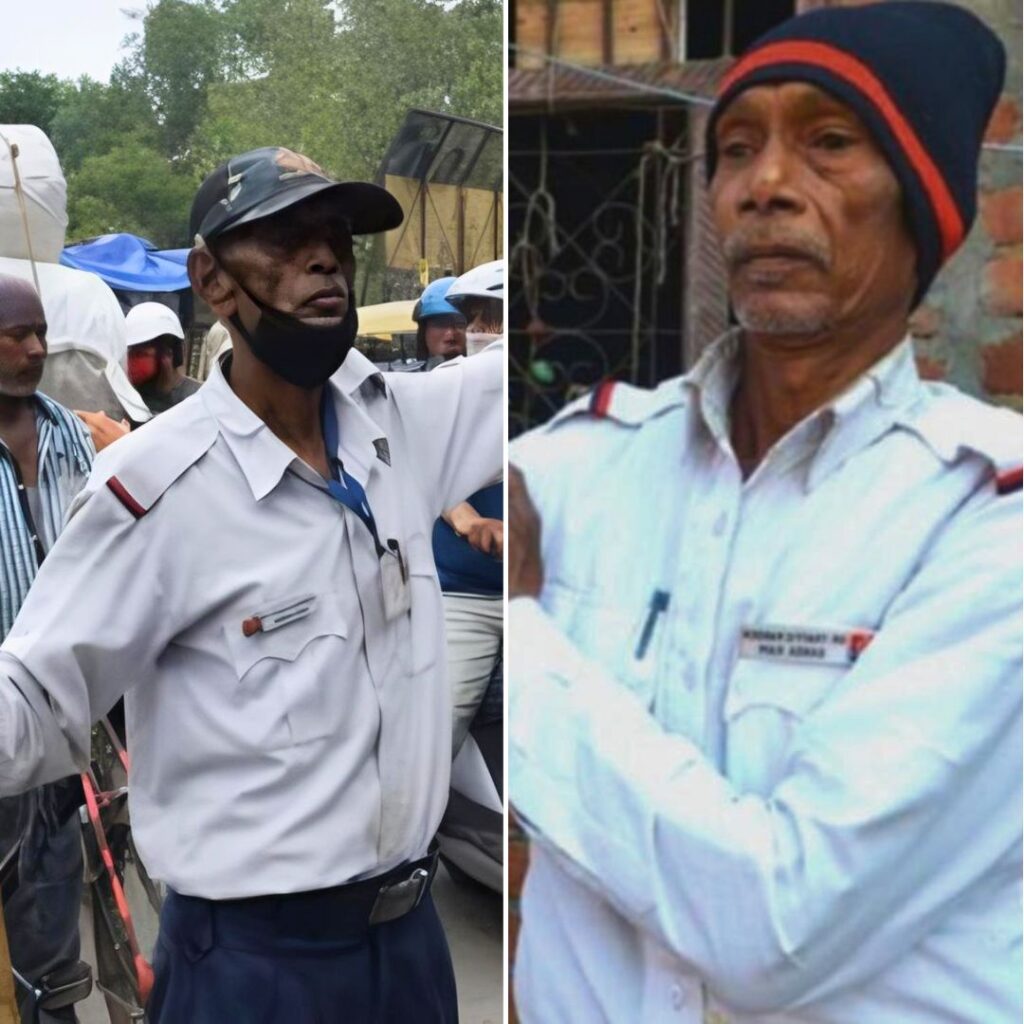Sakshi, a bright Class 12 topper from Bhopal, left home in January 2025 to pursue her ambition of becoming an IAS officer, asserting that her family was pressuring her into marriage against her will. After her father filed a habeas corpus petition, police traced the adult woman working in Indore.
The Madhya Pradesh High Court intervened, reprimanding her parents and directing Sakshi to return home, with a final ruling on her living arrangements due on November 12.
Officials have confirmed her safety and stressed protection of her rights as an adult individual.
A Fight for Autonomy: Court Orders and Official Statements
Sakshi’s case has drawn attention at the highest judicial level. The Madhya Pradesh High Court, led by Justice Vivek Agarwal, admonished Sakshi’s parents for allegedly prioritising forced marriage over their daughter’s aspirations and autonomy.
The court took a firm stance on her right to self-determination as an adult woman, recommending family reconciliation through dialogue rather than coercion. Police officials involved reported her safety and peaceful employment in Indore, dismissing any claims of forced custody.
The State Child Welfare Committee voiced firm commitment to uphold young women’s rights and personal choices. These developments underscore a delicate balance between family concerns and individual freedom, with authorities pushing for respectful resolution.
Background: Traditional Expectations vs Modern Aspirations
Sakshi’s narrative reflects a wider societal challenge many young Indian women face – tensions between entrenched cultural expectations and personal ambitions. Excelling academically, she earned the top spot in her Class 12 exams, fueling a determined pursuit of an IAS career, symbolising a path of public service and independence.
However, her family’s insistence on early marriage created a conflict so profound that she felt compelled to leave home for her dreams.
Similar cases have increasingly reached courts, which consistently affirm legal protections against coercion in marriage decisions for adults. The case embodies the evolving dynamics within Indian families where traditional practices are questioned by new generations aspiring for self-realisation and professional success.
Societal and Legal Implications
Sakshi’s situation spotlights critical questions about women’s rights, family authority, and societal roles in India. Courts have reiterated that adult women have full rights over their life choices, including career and marriage, a stance that both challenges longstanding social norms and encourages legal enforcement of personal freedoms.
This judicial stance not only affirms constitutional guarantees but also sends a crucial message to families and society at large about respecting the autonomy and dignity of women.
The intervention by the High Court signals judicial support for balancing traditional values with constitutional rights. The court’s involvement in Sakshi’s case exemplifies how legal systems can act as mediators in family disputes rooted in generational and cultural differences.
It also highlights the pressing need for social mechanisms-such as counselling, mediation, and advocacy groups-that can provide young women and families with guidance and support during conflicts related to life choices.
Authorities encouraging dialogue and support frameworks aim to reduce familial tensions and promote harmonious coexistence. These approaches recognise that coercion not only harms individuals but also destabilises family structures and community relations.
Supporting young women in exercising their freedoms helps build more inclusive societies where progress and tradition can coexist peacefully.
As such, sustained efforts to raise awareness about women’s rights, educate families on legal protections, and strengthen community support systems are essential for fostering long-term social change.
The Logical Indian’s Perspective
The story of Sakshi is a compelling reminder of the importance of respecting and nurturing individual aspirations, especially for young women striving for a future beyond societal confines. It calls for empathy, open communication, and acceptance within families and communities.
Upholding autonomy need not mean fracturing familial bonds; rather, it is an invitation to evolve cultural understanding in harmony with constitutional freedoms. It is essential to foster environments where aspirations like Sakshi’s are celebrated, not suppressed.











